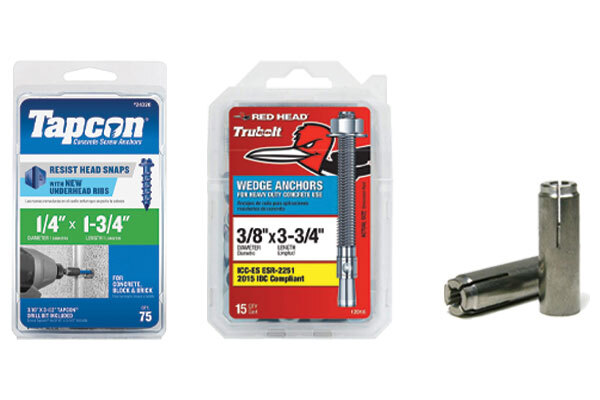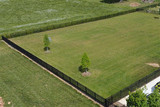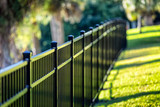Tapcon Screws vs. Red Head Anchors vs. Standard Concrete Anchors: Which One to Choose For Post Floor Mounts or Wall Mounts?
When attaching post floor mounts or wall mounts to concrete or brick, selecting the right fastener is crucial for ensuring structural integrity, safety, and ease of installation. Three of the most common options are Tapcon screws, Red Head anchors, and standard concrete anchors. Each has its specific applications, advantages, and limitations. In this guide, we’ll break down the key differences between these fasteners to help you make an informed choice.
Tapcon Screws
Tapcon screws are one of the most widely used concrete fasteners, known for their ease of installation and strong hold in masonry materials.
Features & Benefits:
Self-Tapping Design: Tapcon screws are designed to cut threads into concrete, brick, or block, eliminating the need for additional anchors.
Ease of Installation: They require only a pre-drilled hole and can be driven directly into concrete using a drill or impact driver.
Removability: Unlike some other anchors, Tapcon screws can be easily removed if needed.
Available in Different Lengths and Diameters: This makes them versatile for various applications.
Best Use Cases:
Light to medium-duty applications
Securing wood or metal to concrete
Indoor and outdoor projects
Limitations:
Not ideal for heavy-duty loads
Threads can strip if over-tightened
Requires a pilot hole for proper installation
Red Head Anchors (Wedge Anchors)
Red Head anchors, commonly referred to as wedge anchors, are a go-to choice for high-strength applications in concrete.
Features & Benefits:
High Load Capacity: Wedge anchors provide exceptional holding power, making them suitable for heavy-duty applications.
Expansion Mechanism: When tightened, the wedge anchor expands, locking it securely into the concrete.
Durability: Made from materials like stainless steel and zinc-plated carbon steel, they offer excellent corrosion resistance.
Permanent Installation: Once installed, they are difficult to remove, ensuring long-term structural integrity.
Best Use Cases:
Heavy machinery anchoring
Structural steel attachments
Securing racking and shelving in warehouses
Concrete foundation applications
Limitations:
Requires a precise hole depth and diameter for proper installation
Once installed, they are not easily removable
Can cause stress fractures in weak concrete if over-tightened
Standard Concrete Anchors
Standard concrete anchors come in various styles, including sleeve anchors, drop-in anchors, and lag shields. They serve as general-purpose fasteners for concrete applications.
Features & Benefits:
Variety of Types: Available in different styles to suit various load requirements.
Versatility: Suitable for both temporary and permanent installations.
Load Distribution: Some types, like sleeve anchors, distribute load over a larger area, reducing the risk of concrete cracking.
Best Use Cases:
Medium-duty applications in concrete or masonry
Securing fixtures, brackets, and piping
Temporary installations that may need removal later
Limitations:
Some types require additional components like nuts and washers
May not provide as much holding power as wedge anchors in high-stress applications
Installation can be more time-consuming compared to Tapcon screws
Which One Should You Choose?
The choice between Tapcon screws, Red Head anchors, and standard concrete anchors depends on your specific project requirements:
For light to medium-duty applications such as attaching wall mounts to brick or concrete: Tapcon screws are the best choice.
For heavy-duty, permanent anchoring of floor mounts to concrete: Red Head wedge anchors provide the most strength and security.
For general-purpose anchoring of floor mounts to concrete with flexibility in installation: Standard concrete anchors offer a range of options to suit different needs.
By understanding the strengths and limitations of each fastener type, you can ensure a secure and efficient installation for your concrete or brick-based projects. Always consider the weight, application, and environmental conditions when making your selection.

Recent Posts
-
Why Winter Is the Best Time to Order Your Fence
When most people think about installing a new fence, spring and summer usually come to mind. But sav …Jan 31st 2026 -
Experience, Reputation, Customer Service
Here’s why buying from OnlineFenceStore.com is a strong choice for fencing products: Key Advantages …Aug 13th 2025 -
How to Order Fence from OnlineFenceStore.com: A Step-by-Step Guide
How to Order Fence from OnlineFenceStore.com: A Step-by-Step Guide Ordering a fence online has never …Jul 30th 2025







